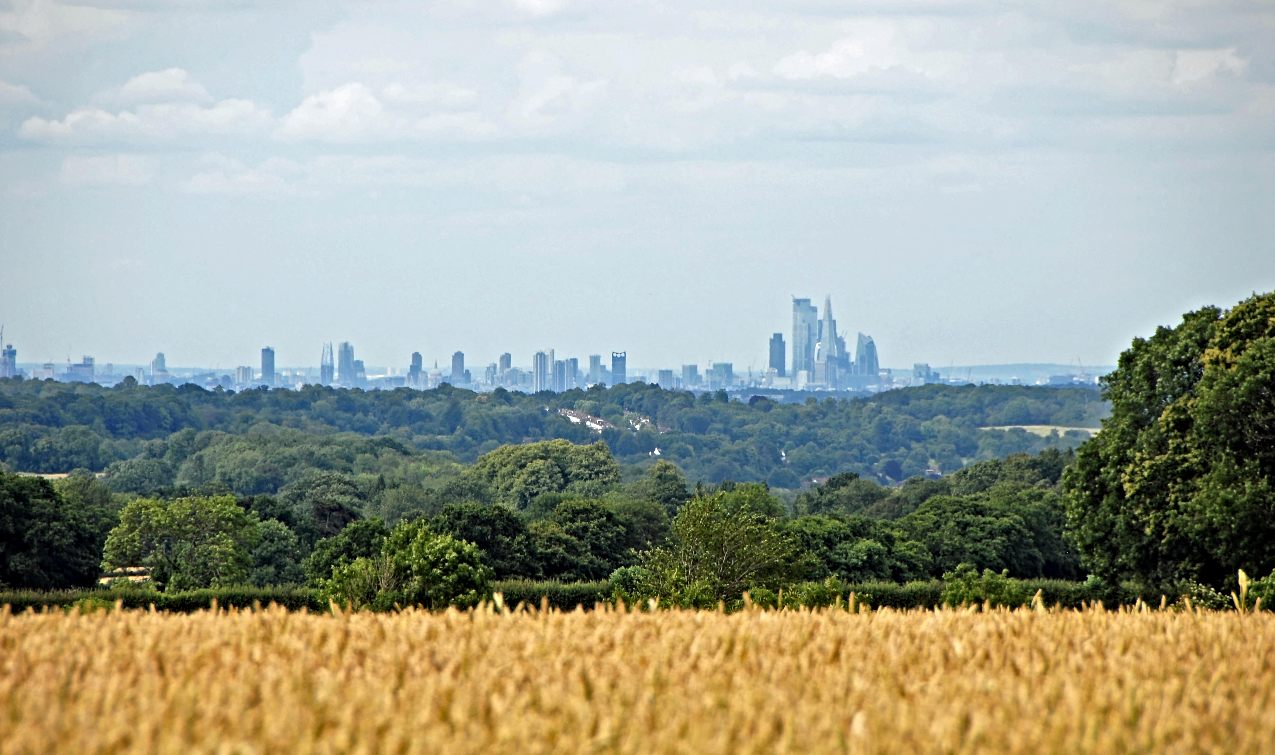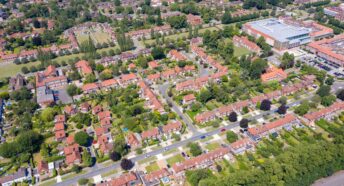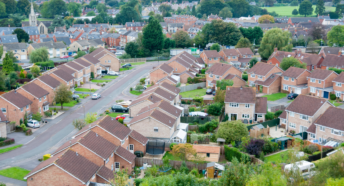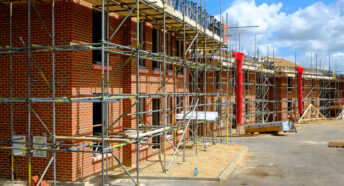We join seventeen charities calling for planning changes to avoid becoming a ‘race to the bottom’
We’re joined by Friends of the Earth, RSPB, Rivers Trust and many more in urging the Prime Minister for ‘locally accountable, democratic’ planning.
As the environment secretary George Eustice makes a speech about changes to the ‘environmental impact assessment system’, the part of the planning process that assesses the risks to nature and wildlife, we’ve added our voice to 17 conservation charities’ in calling for a halt to planning deregulation.
In a speech announcing changes to this element of the current system today, Eustice said:
‘Nature rightly deserves protection, so if we are to protect species and habitats and also deliver biodiversity net gain, we need to properly understand the science to inform crucial decisions.
‘We should ask ourselves, for example, whether the current environmental impact assessment processes are as effective or efficient as they could be.’
Our chief executive Crispin Truman explains the importance of environmental impact assessments:
‘[They’re] the foundations for… protecting not only vulnerable wildlife and nature but landscapes, our built heritage and our health. Critically, they’re the means of scrutinising the potential air quality impact of proposed developments. They give planners the evidence to refuse schemes that would make air quality problems worse. This has never been more important.’
Planning for good planning
Crispin also stresses the risks of poorly-planned and built housing (an area that we at CPRE work on), giving the examples of ill-considered schemes with limited access to clean transport options.
‘Access to green space and low carbon travel like walking and cycling are a mere afterthought. Any new environmental impact assessment process must be stronger, not weaker, than what we already have.’
Crispin’s words are echoed in the letter signed by, amongst others, the chief executives of the Wildlife Trust, Earthwatch Europe and the Woodland Trust, and the senior planner at Friends of the Earth. The letter expresses charities’ ‘rising concern’ about the government’s intentions to ‘rip up the red tape’ of the planning system. Emphasising the opportunity as the nation begins to recover, including economically, from coronavirus, we urge the government not to take a wrong turn in this ‘fork in the road’.
‘Investing in locally accountable and democratic planning will deliver the homes and liveable places communities will feel proud to call home. Further deregulation of planning will only result in the exact opposite of ‘building back better’.’
We love our green spaces
The letter also notes how at odds such moves are with the public enthusiasm and support for green spaces following lockdown. A CPRE survey showed that two-thirds of us want our local green places enhanced following the pandemic, having connected more with them when travel was limited.
‘Further deregulation of the planning system would erode the foundations of any green and just recovery long before the first brick is laid. Nowhere else in the world is such a deregulatory race to the bottom being considered.
‘This surge of appreciation for quality local green spaces is just one indicator of the increased appetite for action to tackle the housing, climate and nature crises head on. As a broad coalition of environment, housing, heritage and planning organisations, we call on you to support a robust, locally-led and democratic planning system with people and nature at its heart.’
Urging the right path
We at CPRE and our colleagues in the sector will be continuing to challenge the government’s intentions to loosen planning regulations, emphasising the need for communities to have the power to guide what planning decisions are made in their local areas. Good planning choices, including excellent housing design, improve life for us all – not least at a time when action to mitigate against the climate emergency is critical. New buildings can aid this, with wildlife-friendly green spaces, better insulation and access to low-carbon transport. Planning choices must support this progress.
Want to do your bit? We’ll keep calling for the best planning systems for people and their communities. Join us as a member to help us keep campaigning and sign up to our newsletter to be kept informed about our progress.




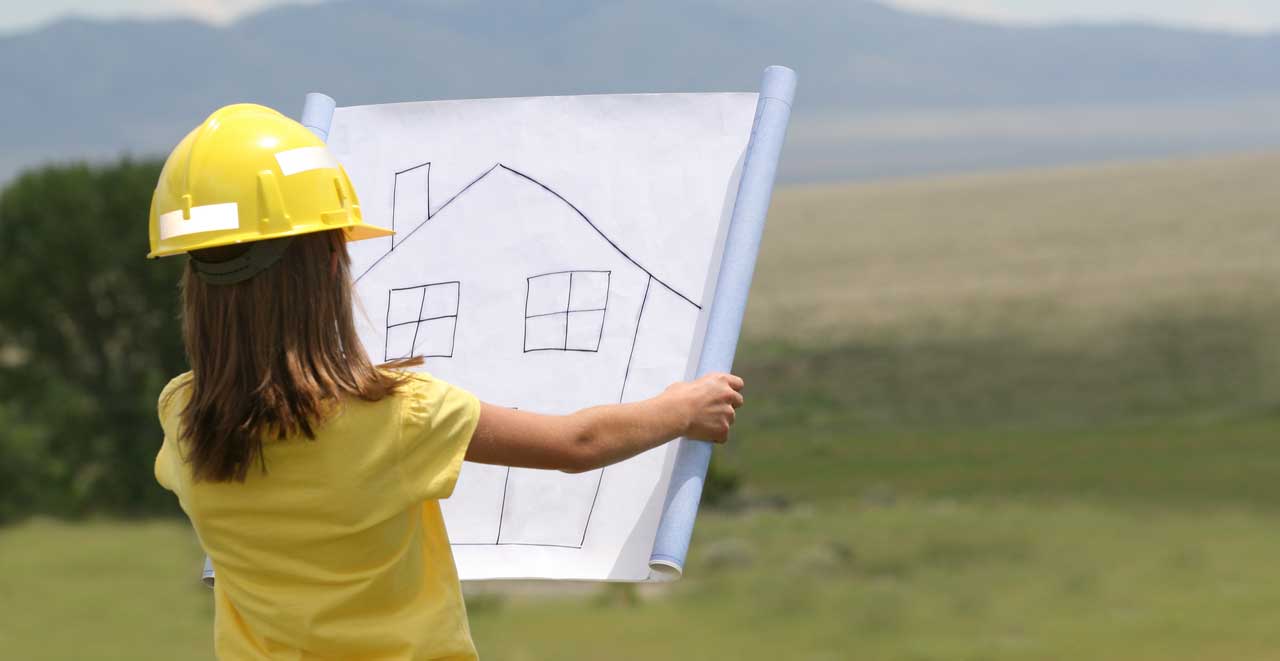
 12 min read
12 min read 